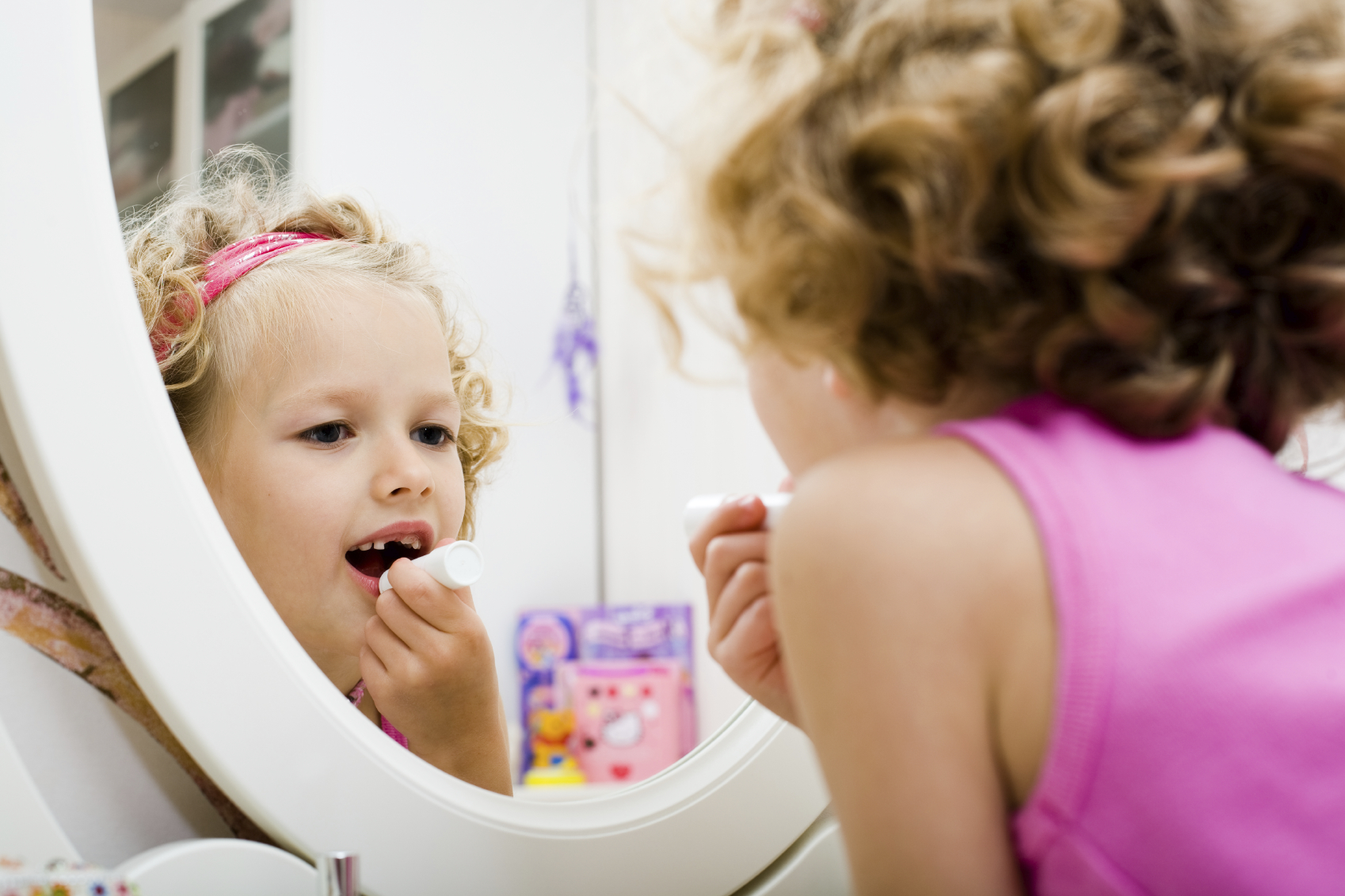Negative body image is a huge problem in our culture. According to Dr. Linda Mintle, the affliction is affecting kids younger and younger.
“When I first started many years ago, my youngest patient was 13, now I’m seeing kids that are talking about their weight problems as young as five or six.”
Why are kids who are that young so focused on their figure?
“We’ve moved to a much more image based society. There’s a study that shows if you live in an urban area, you can be exposed to up to 5,000 images a day.”
Many of the images we see are idealistic representations of the human body; an image that almost everyone can’t measure up to.
“You’re being bombarded by image after image, and the problem is those images aren’t realistic. They’re computer altered.”
Even if we know these images aren’t realistic, they still have a negative impact on our thinking. The more we see these images the more we feel compelled to align ourselves to them.
Even in video games, men are bulging with muscles and women have tiny waists.
“So kids are playing with these images and they’re seeing them and if they are having difficulties in their family, or they’re struggling to deal with their emotions, these things can all play into the development of an eating disorder.”
Sometimes, when we feel like we are not in control of our lives, we seek to take control by our eating habits.
If someone is overweight and begins to lose weight and get in shape, they often receive more of the attention they might be seeking.
“They start to go, Oh, okay, I can develop a sense of myself or appearance out there that looks really good to the outside world, by controlling the food that goes into my mouth, and then suddenly they find themselves enveloped in an eating disorder.”




















